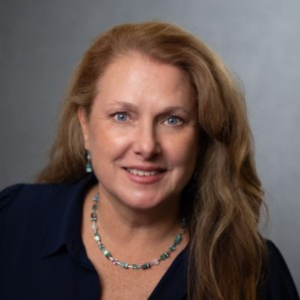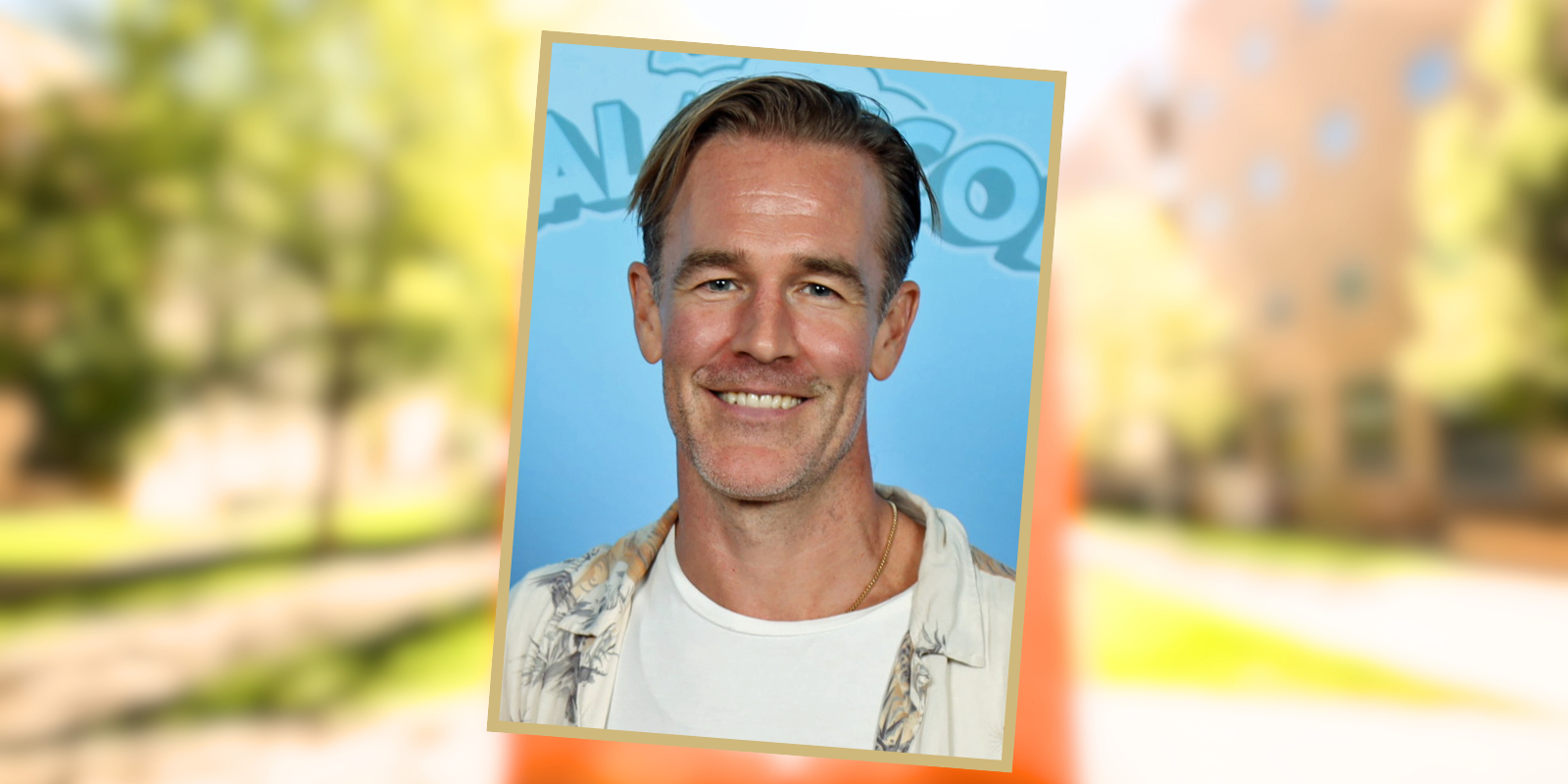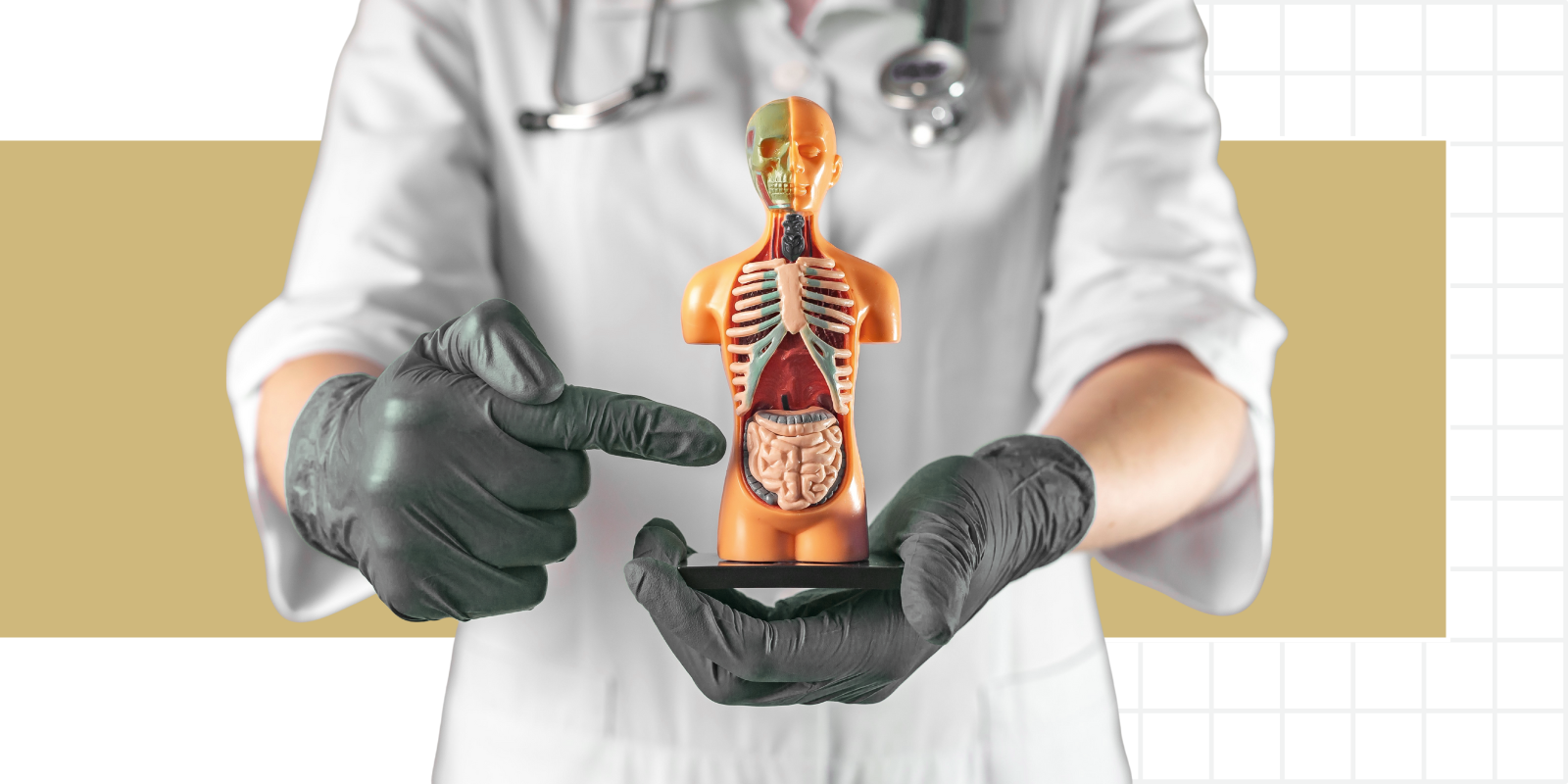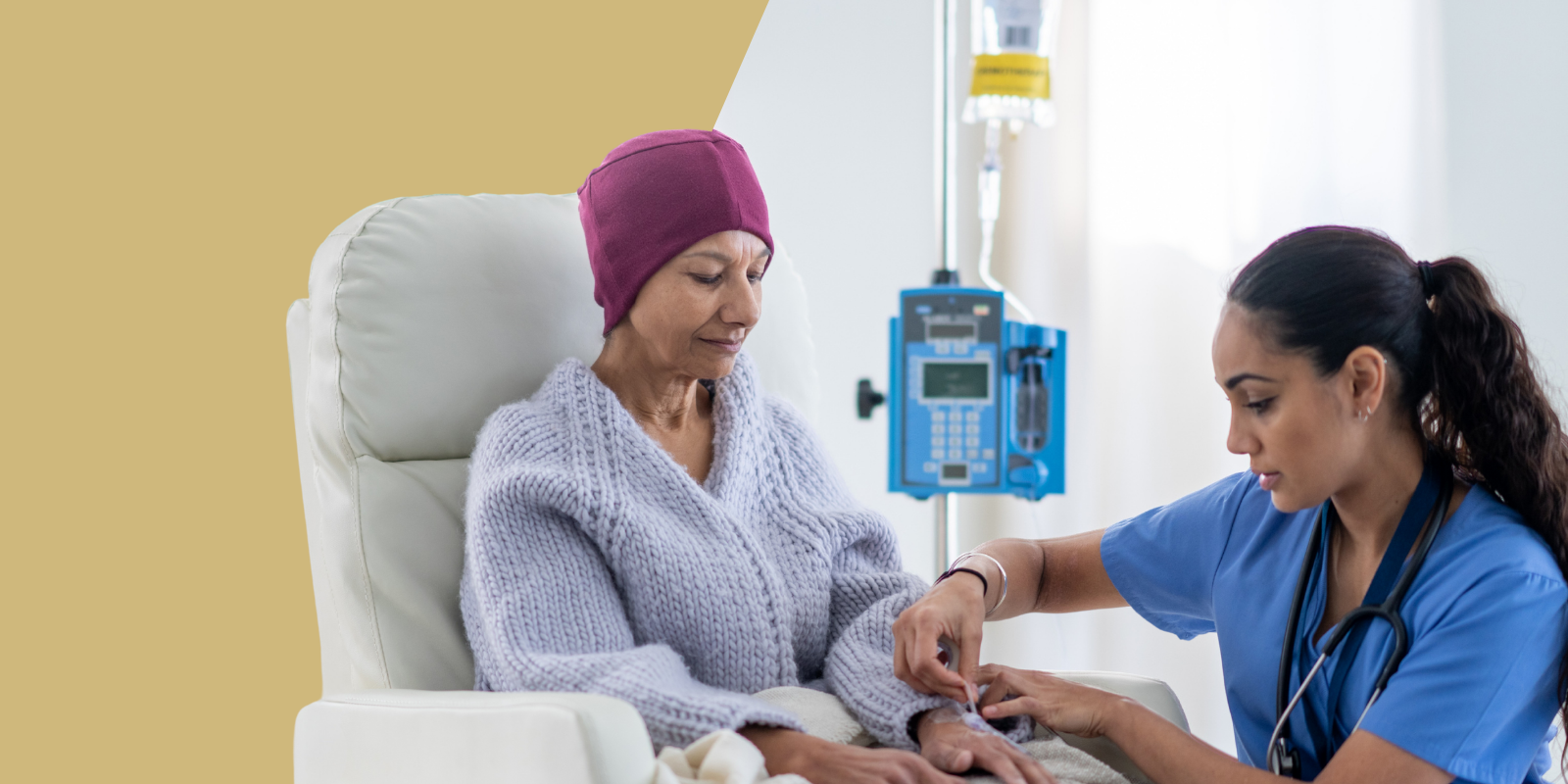How long has the increase in breast cancer among younger women been going on for?
The rate of younger onset breast cancer has been increasing for some years now. The rates of postmenopausal women getting diagnosed — which is the age range where most breast cancers get diagnosed — were going up, then they went down when women stopped using hormone replacement therapy. Now they're going back up, likely related to the obesity epidemic. But the young onset breast cancer is slightly different.
Do you know what's causing the increase?
We know that the trend of women, not just in the United States, but globally, delaying the onset of childbearing, is in part, increasing the risk of young of onset breast cancers. Women have a period of time after a childbirth where they have an increased risk of getting breast cancer. If they have their children young, that risk crosses over and that prior childbirth becomes protective later in life. If women wait until they're 35 or older to have children, which many women are doing these days, the risk is greater during the early years of motherhood, and that crossover effect happens decades later, not years later.
We’re also seeing an increase in younger onset breast cancer in people who have not or not yet had a child, and we don't have as clear of an explanation for that. It's likely not only due to a delay in childbearing. There's something else occurring in the breast cancer space. And it's not only breast cancer. We're seeing an increase in colon cancer in younger men and women, and we're seeing an increase in lung cancer in younger women who have never smoked. We don't know yet why these trends are occurring.
The American Cancer Society report mentions that the overall mortality rate from cancer is going down. Is that the case with the breast cancers in younger women?
As we improve our treatments for breast cancer, we are able to cure more patients. Even among our patients who develop metastatic breast cancer, they are able to live with that cancer longer than ever before. But when you look at who dies of breast cancer, it is still disproportionately younger women.
Globally, where many women do not have the advantage of the advances in treatment that have occurred in the past 20 years, the death rates among younger women with breast cancer are higher and are rising in concordance with the number of breast cancer diagnoses. Even in the United States, where we have the advantages of modern science and modern treatments, we still see a high number of women who get diagnosed with postpartum breast cancers going on to develop metastatic disease and dying of their disease for reasons that our team here at the CU Cancer Center is working on and developing new treatments for.
Is it possible that the increase in diagnoses has to do with an increase in screening, or is it purely growth in the actual numbers of cancer cases?
Most of the women who get diagnosed with a young onset breast cancer are not in the age range where they're getting screening. In the U.S., screening for breast cancer is recommended to start at age 40 for an average-risk woman. The women with the increased rate are in their 20s and 30s. The guidelines have gone back and forth over time as to whether women should start screening at 40 or 50. I'm a big proponent of starting at 40 because of who I see in my clinic.
The 2025 Cancer Statistics report also points out the increased cancer burden among medically underserved communities — Black women and Native American women, for example. Is that something you're seeing as well?
All cancer, but breast cancer especially, is a disease where there is disparity in terms of access to resources and ability to get treatment. But beyond that, we know that, depending on where a person's ancestors came from around the globe, that can also impact the likelihood of that person developing metastatic disease or not. There's data to support that Black women and Latina women have a higher risk of their breast cancers metastasizing. And it's for reasons that have to do with biology and science, beyond just access to care and ability to get the best treatment and screening.
It can be hard to separate these two, because, yes, if you get diagnosed and you can't get the best treatment, you're not going to have the best outcome, most likely. But even if you can get the best treatment, depending on who your ancestors are, you might not get the best outcome because of issues that arise from things we're still working to understand and improve.
What is the take-home message from this report for younger women, who may historically have thought they don’t need to worry about cancer until later in life?
The most important take-home message from this data is that as we raise our daughters into their teenage years and young adulthood, we need to teach them to be aware of their bodies, comfortable with their bodies, noticing changes, in this case, in their breasts. They should feel comfortable bringing that to the attention of their doctors and feeling heard. The majority of women will never get a young onset breast cancer, so this isn't something we want to raise a lot of concern over. But there will be around 36,000 women under 45 in the U.S. who get diagnosed with breast cancer this year.
If a woman is living a normal, busy life and raising her children, it's important that if there are changes happening in her breast, she seeks medical attention. Young women are often told that everything seems OK because the imaging was normal or the exam reassuring. It's very important that young women with a breast concern make sure that what they were feeling goes away. If it doesn't — if the changes that raised concern in the first place persist and are still there a month or two months later — it’s incredibly important that they go back to the medical team to have it checked out further. We don't want women to lose the opportunity to get diagnosed at as early a stage as possible, particularly when they're below the age for which we're doing any sort of routine screening. Early diagnosis does help with outcomes and survival for women of all ages.





